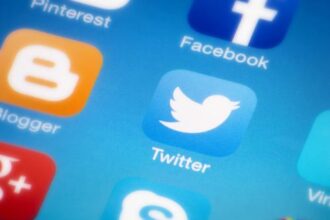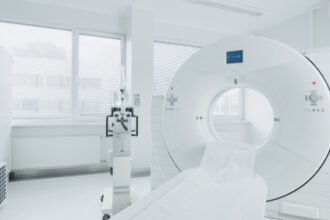Dr. Hixson is the Principal Investigator for a VHA-based clinical study examining the use of online communities and social media to improve the self-management abilities of patients suffering from seizures. He is a speaker for Doctors 2.0 & You 2014. Dr. Hixson is a neurologist with expertise in the field of epilepsy, and he is currently on the faculty of the University of California San Francisco. He has accepted to share his inputs with us.
Dr. Hixson is the Principal Investigator for a VHA-based clinical study examining the use of online communities and social media to improve the self-management abilities of patients suffering from seizures. He is a speaker for Doctors 2.0 & You 2014. Dr. Hixson is a neurologist with expertise in the field of epilepsy, and he is currently on the faculty of the University of California San Francisco. He has accepted to share his inputs with us.

Denise Silber: You’re going to be back at Doctors 2.0 & You in June 2014. Can you tell us what you’ll be talking about and why you think it’s a valuable event in digital health?
John Hixson: I’m excited to be coming back to the Doctors 2.0 conference this year. Mostly, I’m looking forward to hearing about all the other exciting developments in digital health, but I’m also happy to be discussing some of the results of our Veterans Administration study of the PatientsLikeMe platform in a cohort of patients with epilepsy. Last year, I delivered a presentation on the VHA’s approach to social networking platforms for patients, and detailed some of the progress with this study. We have now completed the study, and are starting to dig into the statistical analyses. I won’t provide details here, but I will say that our findings both highlight substantial opportunities and raise all new questions about this field. I’m hoping to get some critical feedback from everyone at the meeting!!
Speaking about digital health in your field, there’s some work going on in epilepsy and mHealth. There are apps using skin sensors, so as to be able to better predict seizures.
What do you think about these developments?
Yes, there are a growing number of ‘wearable’ devices for monitoring seizures. I am familiar with several watch-like devices, patches, and bed monitors for capturing seizure data, along with numerous smartphone applications that usually require data self-entry from patients or caregivers. Overall, I feel that all of these products and services are valuable–ultimately, every attempt drives progress forward. However, as an academic, I obviously want to see the validation and evaluation data for these tools—after all, if they aren’t monitoring events accurately or the data isn’t comprehensive or representative of the patient situation, then the true clinical utility is marginalized. So I believe that there is a role for critical evaluation and study for all of these devices and applications, and I firmly believe that with each iteration, the accuracy of the technology improves. I do believe that we will someday have passive devices or wearables that accurately capture seizure event data—that level of sensitivity will dramatically improve our ability to provide clinical advice and run better clinical trials.






